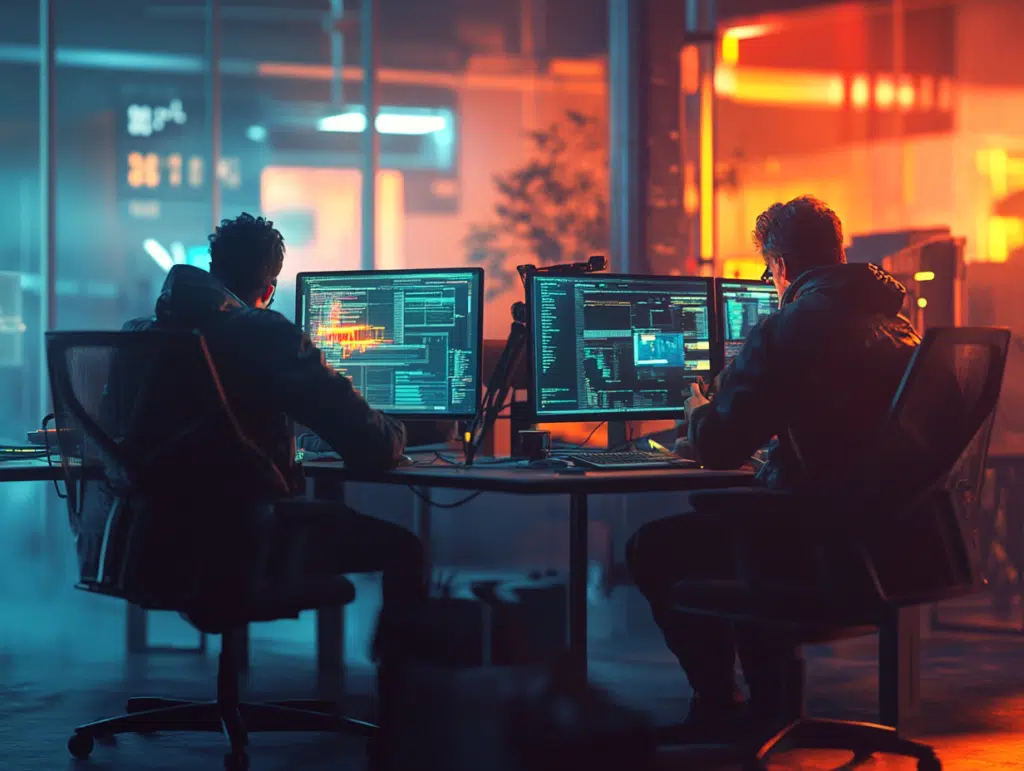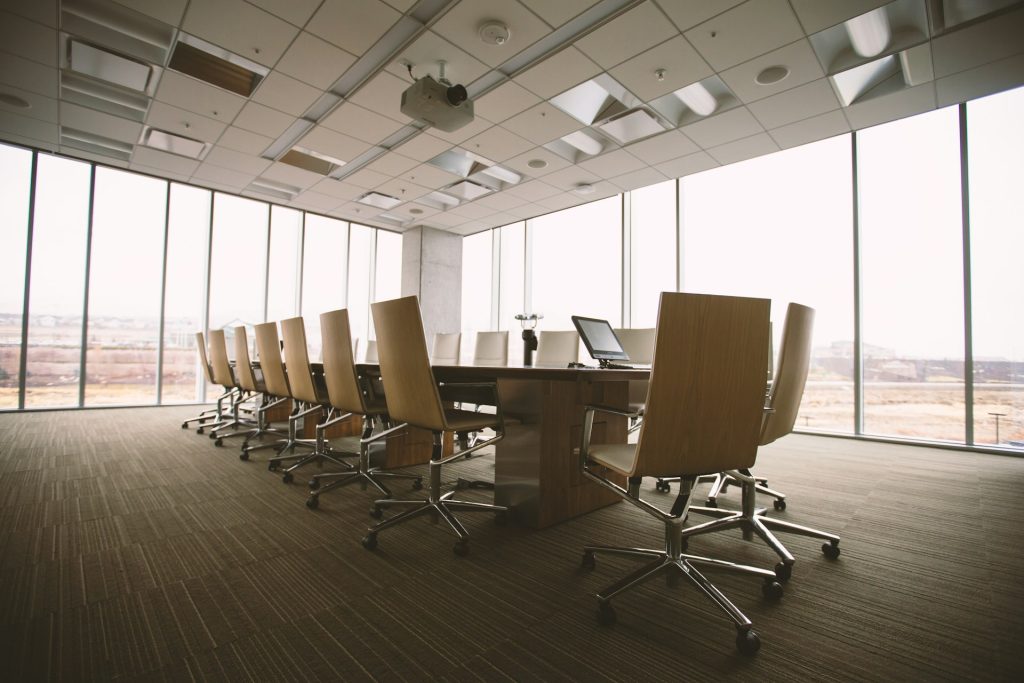Understanding Consumer Behavior in the Digital Age
In today’s digital marketplace, understanding why consumers click on certain ads, links, or products—and ultimately make purchases—has become essential for businesses. This is especially true in Morocco’s rapidly evolving e-commerce landscape, where consumer behavior continues to develop alongside technological adoption. By unpacking the psychological triggers that drive online decision-making, businesses can create more effective marketing strategies.
The Power of First Impressions
The 50-Millisecond Rule
Did you know that visitors form an opinion about your website in just 50 milliseconds? This nearly instantaneous assessment determines whether they’ll stay or leave. For Moroccan businesses, this means your website’s visual appeal must cater to local aesthetic preferences while maintaining professional standards.
Users make snap judgments based on:
1. Color schemes and their cultural relevance
2. Visual hierarchy and organization
3. Overall professionalism and trustworthiness signals
4. Mobile responsiveness (particularly important in Morocco, where mobile internet usage dominates)
Trust Indicators Matter
Moroccan consumers, like others worldwide, look for trust signals before clicking or purchasing. These include:
1. Recognizable security badges
2. Professional design elements
3. Clear contact information (preferably with local Moroccan phone numbers)
4. Testimonials from other Moroccan customers
Psychological Triggers That Drive Clicks
The Scarcity Principle
When something appears limited in availability, its perceived value increases dramatically. This explains why “limited time offers” and “only 3 left in stock” messages consistently boost conversion rates. In Morocco’s seasonal markets, this can be particularly effective during high-demand periods like Ramadan or Eid.
Social Proof
Humans are inherently social creatures who look to others for guidance on decisions. This explains why:
1. Customer reviews dramatically influence purchasing decisions
2. Products labeled as “best-sellers” attract more attention
3. Featuring testimonials from recognizable Moroccan figures can significantly boost conversions
4. Displaying real-time purchase notifications creates a sense of popular momentum
The Reciprocity Effect
When people receive something, they feel naturally inclined to give something in return. Offering free valuable content, samples, or unexpected bonuses creates a psychological obligation to reciprocate—often through a purchase.
The Decision-Making Journey
The Role of Emotions
Despite our belief that we make rational decisions, emotions drive approximately 95% of purchasing decisions. Successful marketing appeals to:
1. Aspirational emotions (how the product will improve life)
2. Fear-based motivations (what problems the product solves)
3. Belonging and status (especially important in Morocco’s community-oriented culture)
4. Joy and pleasure (immediate emotional benefits)
Choice Architecture
How options are presented significantly impacts decision-making. Consider these principles:
1. Paradox of choice: Too many options often lead to decision paralysis
2. Decoy pricing: Strategic pricing makes certain options seem more attractive
3. Defaults matter: Pre-selected options are chosen significantly more often
4. Visual hierarchy: How the eye moves through a page influences what gets clicked
Cultural Considerations for the Moroccan Market
Understanding local cultural nuances dramatically improves click and conversion rates. For the Moroccan market:
1. Family-centered messaging often resonates more strongly than individualistic appeals
2. Trust-building is particularly important in a market where online shopping is still developing
3. Mobile optimization is critical as most Moroccan internet users primarily access online content via smartphones
4. Multilingual options (Arabic, French, and increasingly English) show respect for consumer preferences
From Clicks to Conversions: The Final Steps
Reducing Friction
Every additional step between interest and purchase reduces conversion probability. Successful e-commerce sites:
1. Minimize form fields and required information
2. Offer multiple familiar payment methods (including cash-on-delivery options popular in Morocco)
3. Provide clear shipping information and expectations
4. Make the return policy transparent and accessible
The Power of Urgency
Creating legitimate urgency—through limited-time offers, seasonal promotions, or exclusive deals—provides the final psychological push needed to convert interest into action.
Conclusion
Understanding the psychology behind clicks and purchases isn’t about manipulation—it’s about creating experiences that align with how humans naturally make decisions. By applying these principles within the cultural context of the Moroccan market, businesses can create more effective, user-friendly digital experiences that satisfy consumer needs while improving business results. The most successful companies don’t force decisions; they simply make the right choice the easiest one to make.


